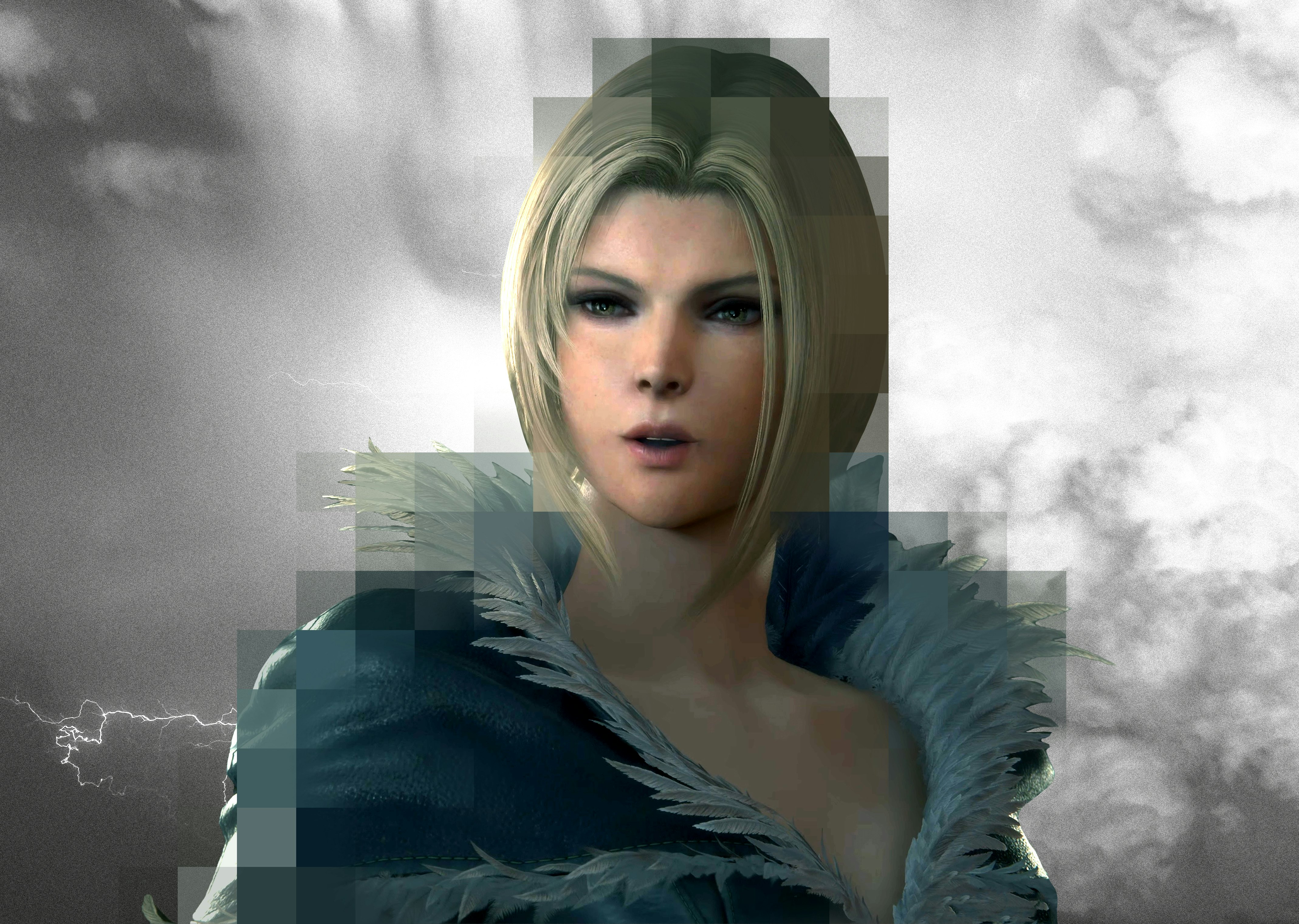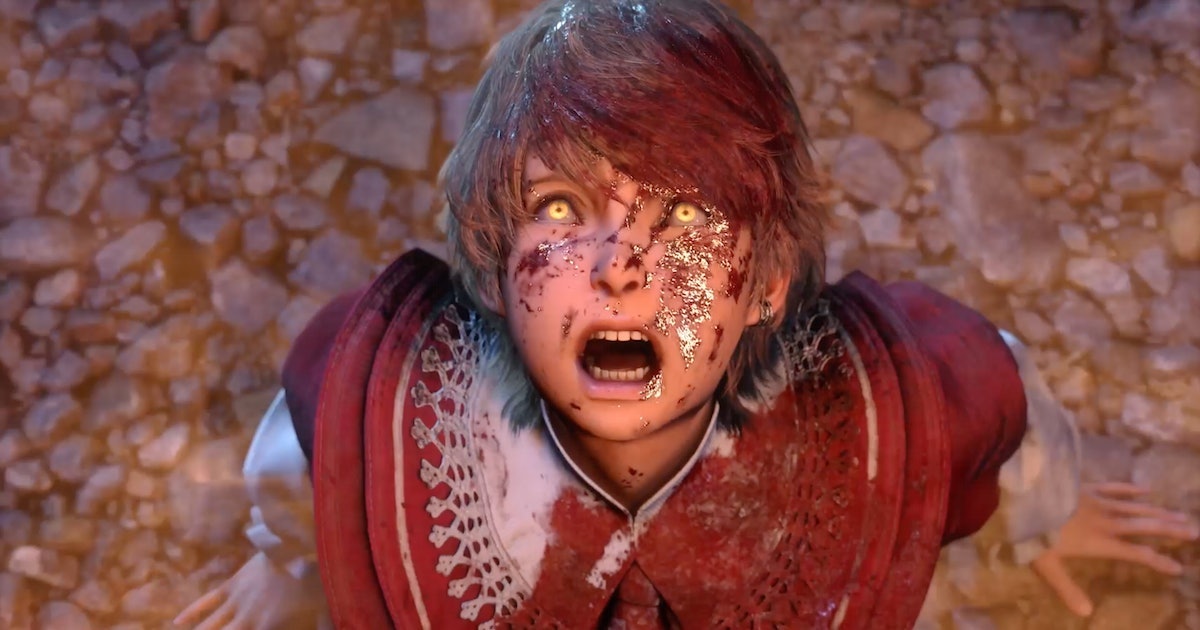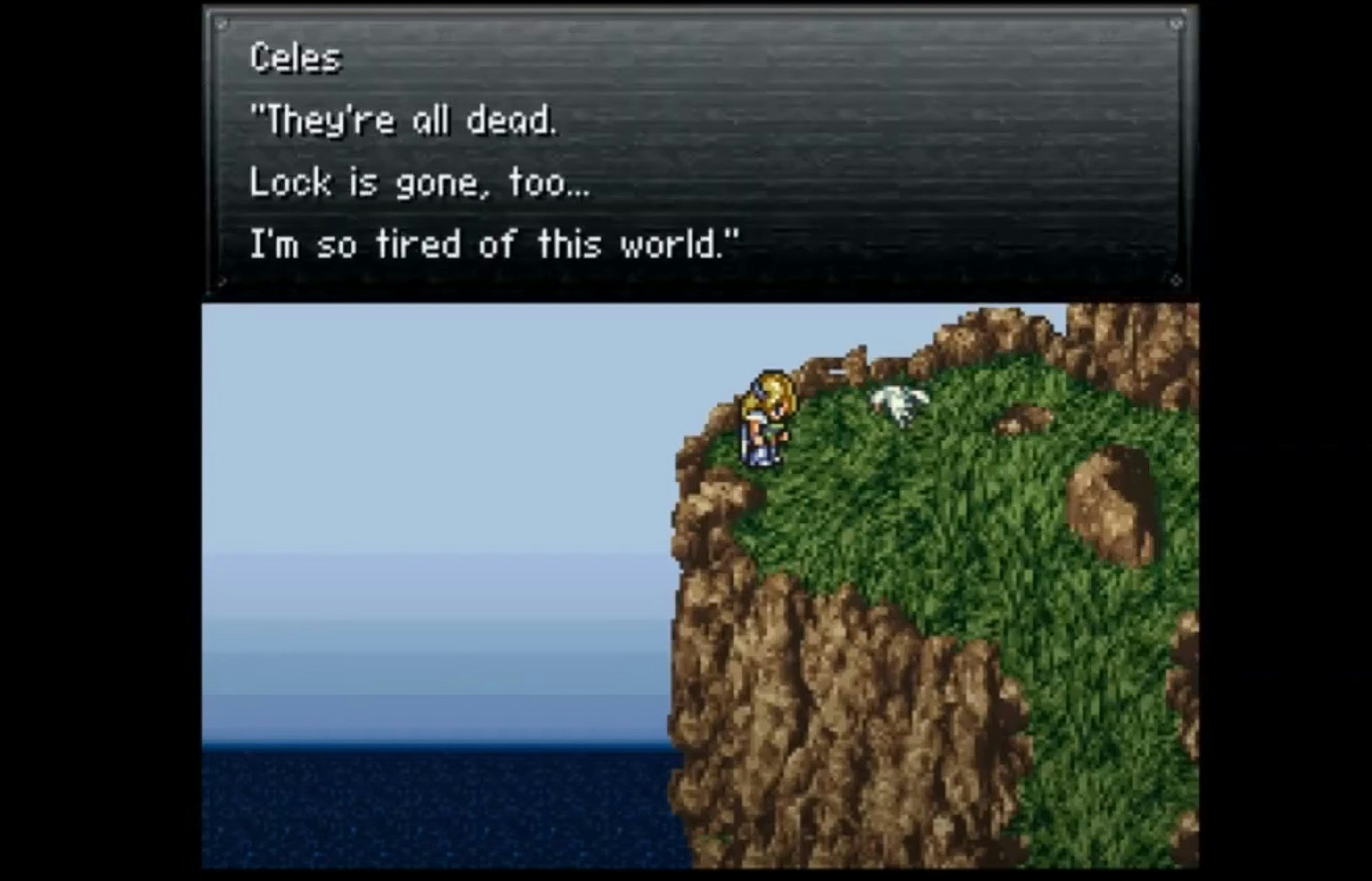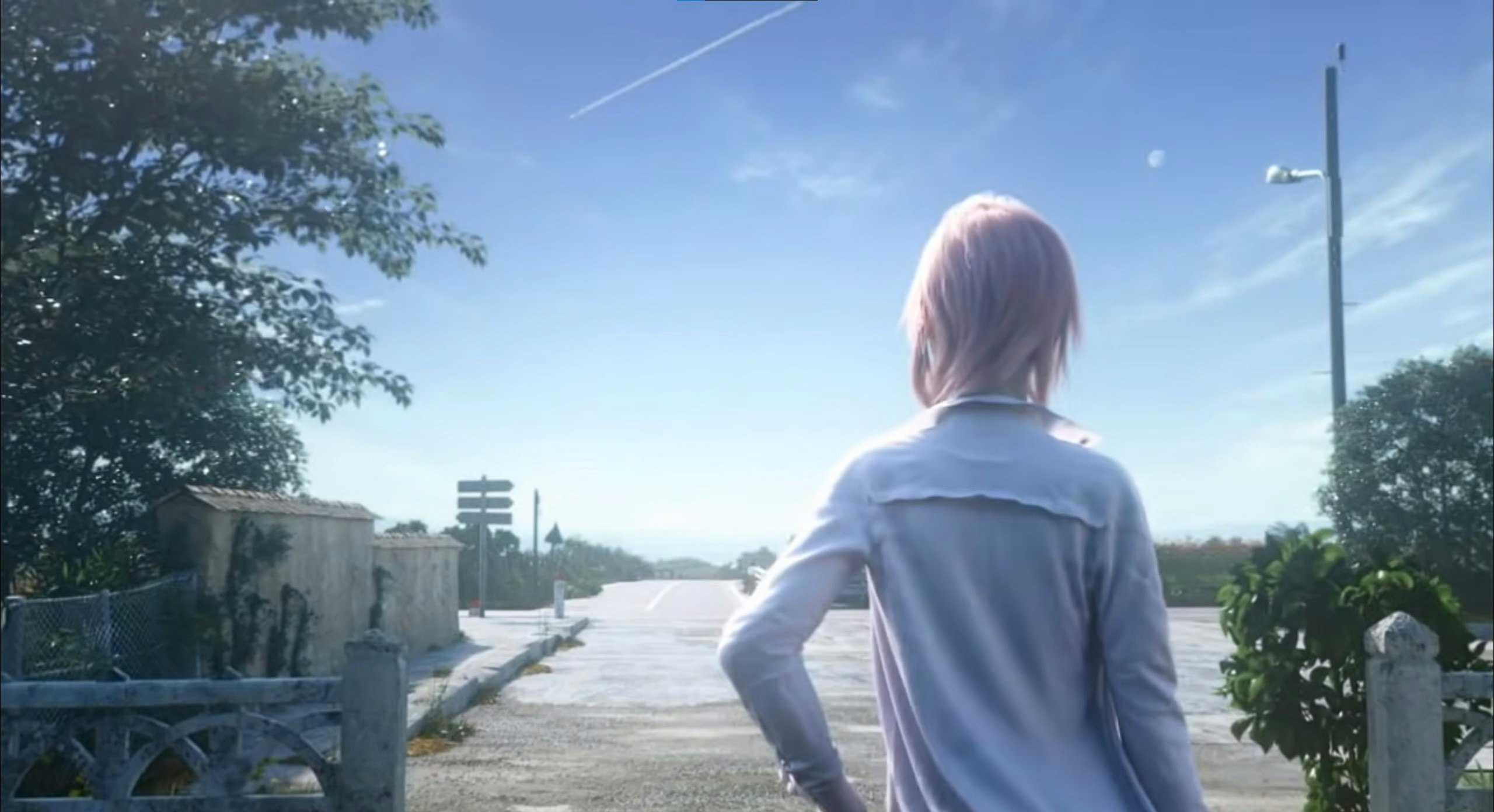
In the opening hours of Final Fantasy XVI, Clive’s father and brother are murdered, his mother condemns him to a life of slavery, and incalculable violence is enacted against others in the hopes of political gain.
This is not a game for the squeamish. That is because producer Naoki Yoshida wanted this to be a “mature” take on the franchise.
But it is not the darkest Final Fantasy game. Over the franchise’s 35 years, Final Fantasy has always engaged with some of the most profound and mature stories in gaming.

In the hopes of appealing to a global audience, Final Fantasy XVI changed many of the traditional aspects of the franchise’s formula. Turn-based combat has been replaced with adrenaline-pumping real-time action and there are no party members to accompany Clive. The only things that signal this is a Final Fantasy game are the chocobos, moogles, and summons.
The game’s darker tone is heavily influenced by Game of Thrones, which is evident in the way Final Fantasy XVI is liberal with its use of swearing and nudity. While the way Final Fantasy XVI actually engages with these more “mature” elements can be shallow, it is undeniable that the narrative is generally pretty grim. Deaths occur at an alarming pace, and the entire story is concerned with slavery and rebelling against systemic oppression even in the face of almost assured failure.
But the notion that this is different from the franchise’s past isn’t supported by evidence. Final Fantasy VI takes the dark tone one step further than XVI by having the player lose halfway through the game, plunging everyone into a “World of Ruin”. In a particularly grim scene that immediately follows the end of the world, the character Celes fails to save Cid. Confronted with her failure to save the world, her friends, and now the closest thing she has to family, Celes throws herself off a cliff in an attempt to take her own life.

This isn’t the only serious subject matter that Final Fantasy VI covers. It also includes nuanced depictions of grief and sacrifice. Though more than just being “dark” the game engages with Opera as well, in an artful melding of artistic mediums. Because at the end of the day Final Fantasy VI is perhaps the most “mature” entry in the franchise.
Except for Final Fantasy X, a game all about a group of friends embarking on a long and slow journey to one of their own deaths. Or Final Fantasy VII’s story that puts you in the shoes of an eco-terrorist and shows how the greed of corporations kills the world and those in it. But how could we forget the existential crisis of Vivi in Final Fantasy IX which becomes a meditation on the brevity of life? The list goes on and on. Because Final Fantasy XVI’s “mature” story isn’t as groundbreaking as it seems.
Every Final Fantasy is the darkest Final Fantasy.
What makes Final Fantasy XVI’s dark themes seem unique is its presentation. It is a game drenched in blood and grit, using the visual language of Game of Thrones. By having a Final Fantasy protagonist say “fuck” we assume seriousness. This game is rated M after all. Though it isn’t even the first game in the franchise to earn that rating, that was 2011’s Final Fantasy Type-0 — a game that arguably still has one of the most depressing narratives in the entire franchise. Even when past games were dark, the pixelated style of the 8 and 16-bit era often makes modern audiences see them as inherently less serious.

However, the grimness of each Final Fantasy is not without purpose. They all have a message of hope. Final Fantasy VII’s epilogue shows that life will continue to thrive in one way or another. Lightning Returns’ epilogue shows the possibility of a new life away from the cycle of suffering. Even Final Fantasy XVI, the “mature” one, has a finale that drives home the idea that working towards change in hopes of a better future is always a worthwhile endeavor.
If anything is the Final Fantasy, it is the finality in which these games believe that hope can always persist — even at the end of the world.






